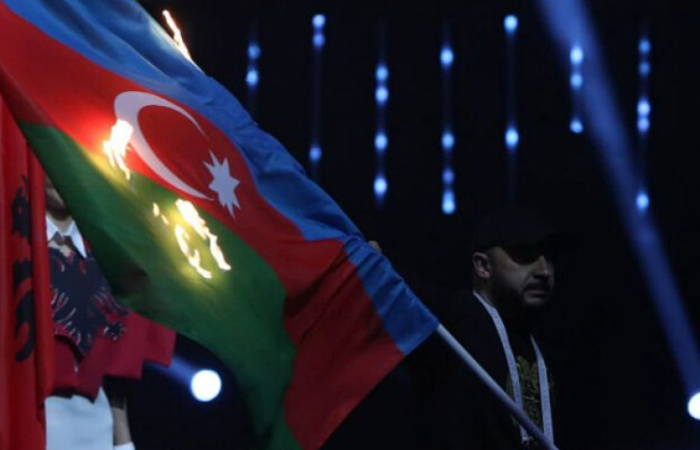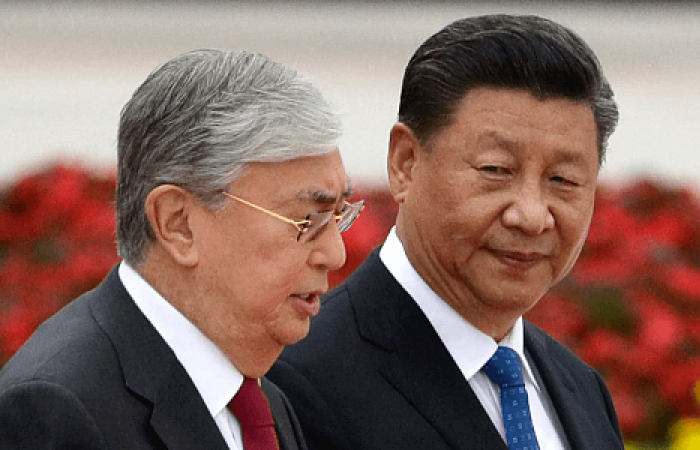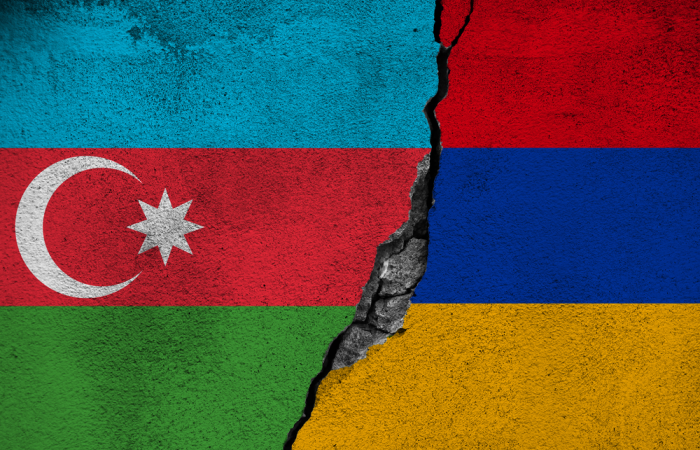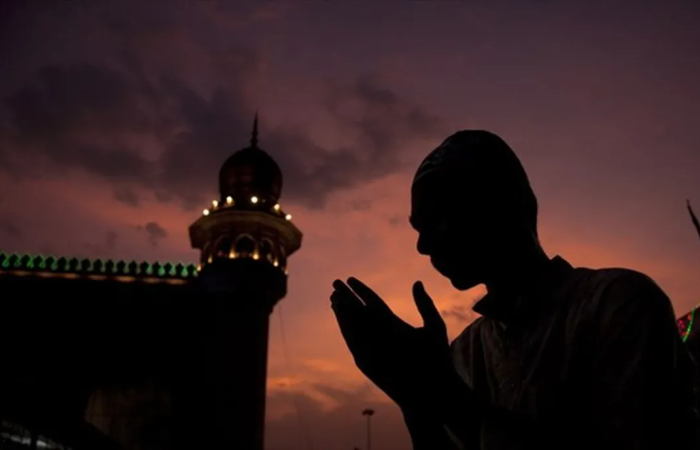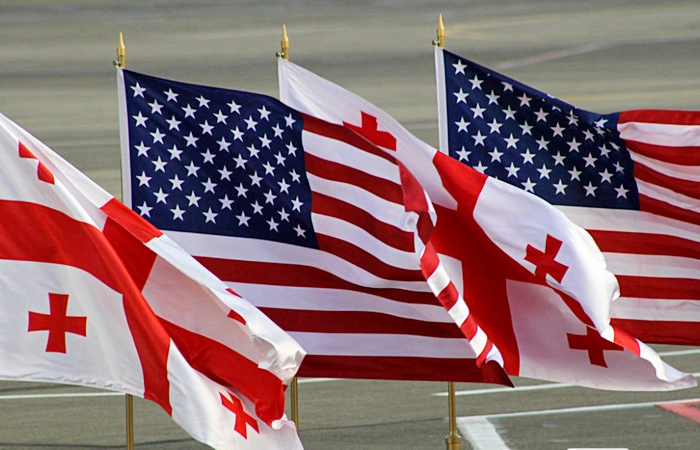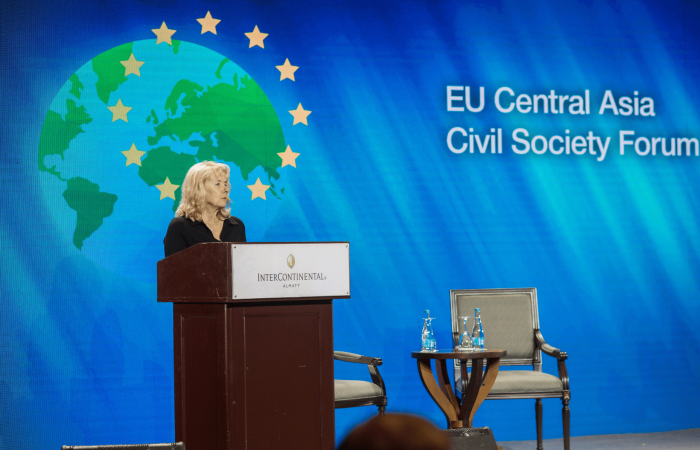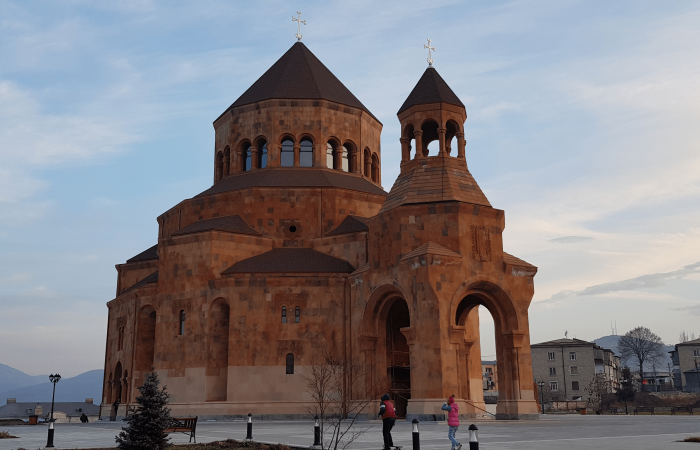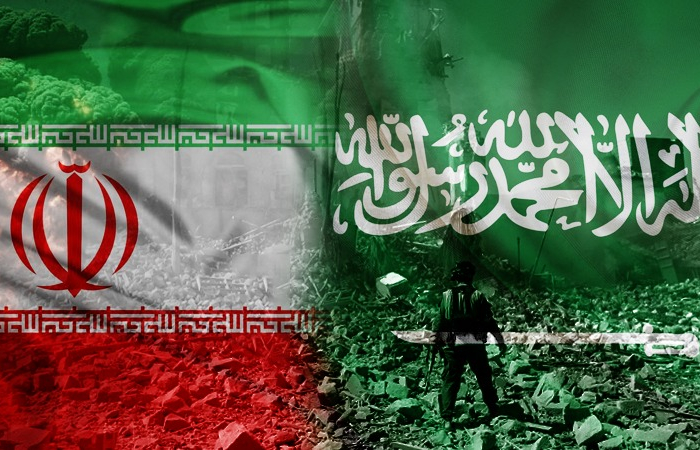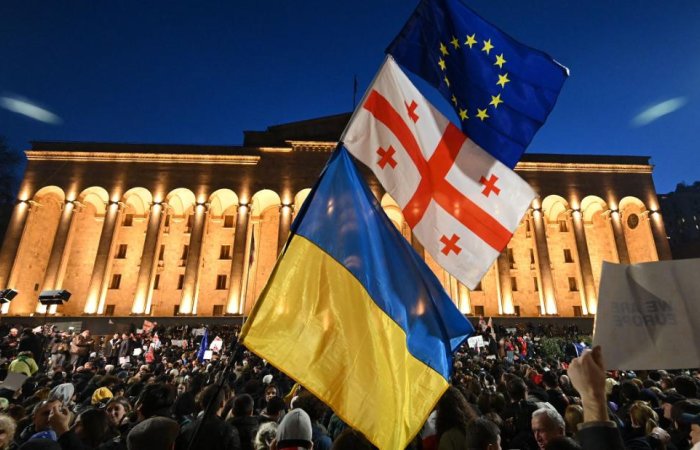Trending
Editorial: Missed opportunities in the South Caucasus
20 April 2023
The last two weeks have seen missed opportunities for the Armenia-Azerbaijan peace process, and for the Georgian government to establish facts and proving the truth over the US sanctioning of four Georgian judges, writes commonspace.eu in this editorial. Instead of building trust and confidence, the burning of the Azerbaijani flag at the European Weightlifting Championships in Yerevan "further entrenched the enemy imagery". Meanwhile in Georgia, "by obstructing the establishment of a parliamentary investigative commission to assess the US accusations against Georgian judges, the Georgian government missed an opportunity to deal openly and transparently with what is clearly a very sensitive and controversial issue."



